35 Psychology-Based Critical Thinking Strategies
State-Dependent Recall: It is easiest to recall information when you are in a state similar to the one in which you initially learned the material.
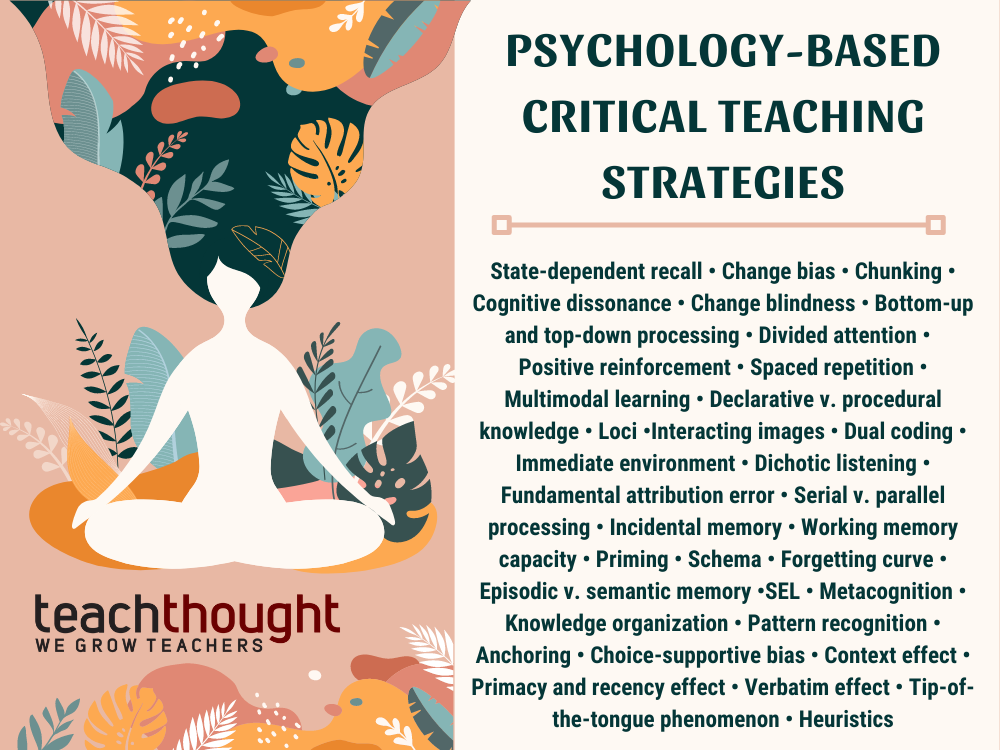
State-Dependent Recall: It is easiest to recall information when you are in a state similar to the one in which you initially learned the material.
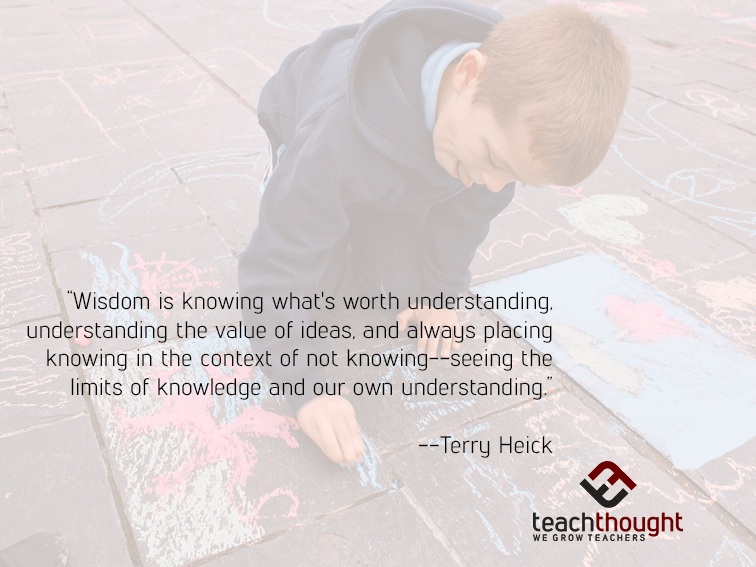
Wisdom is knowing what’s worth understanding, understanding the value of ideas, and always placing knowing in the context of not knowing
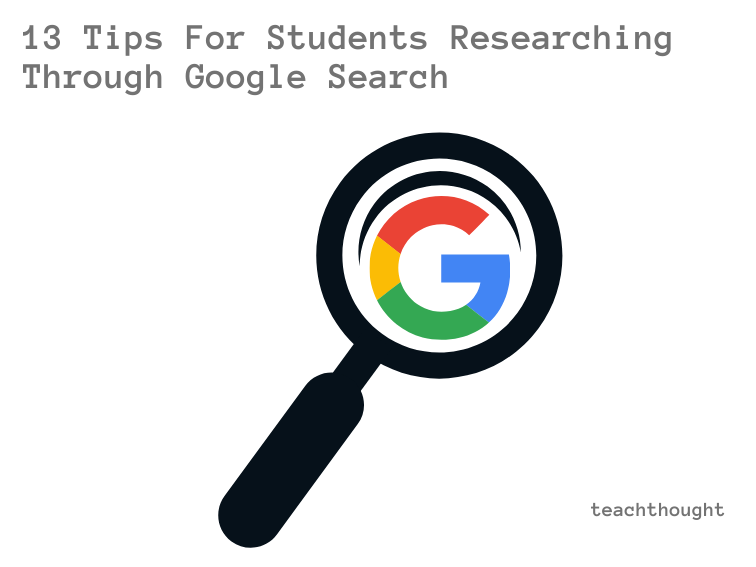
Here are 13 digital research lessons for the student who has grown up in an age of information abundance, but contextual scarcity.
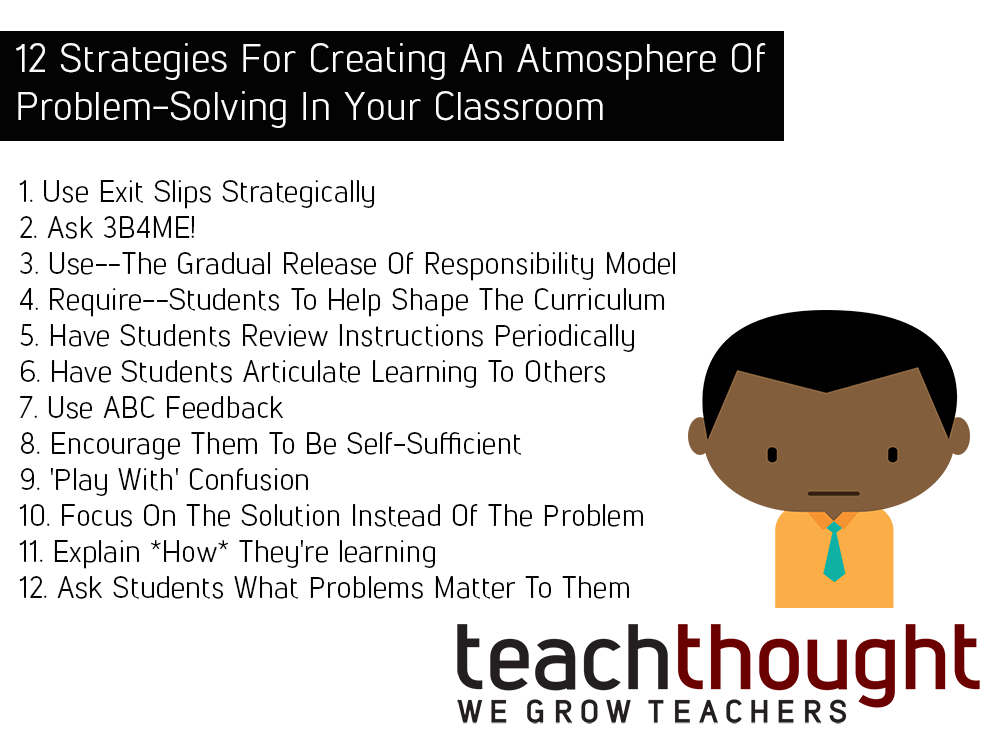
Problem-solving and critical thinking are both skills and habits that allow students to apply and transfer academic knowledge into the real-world.
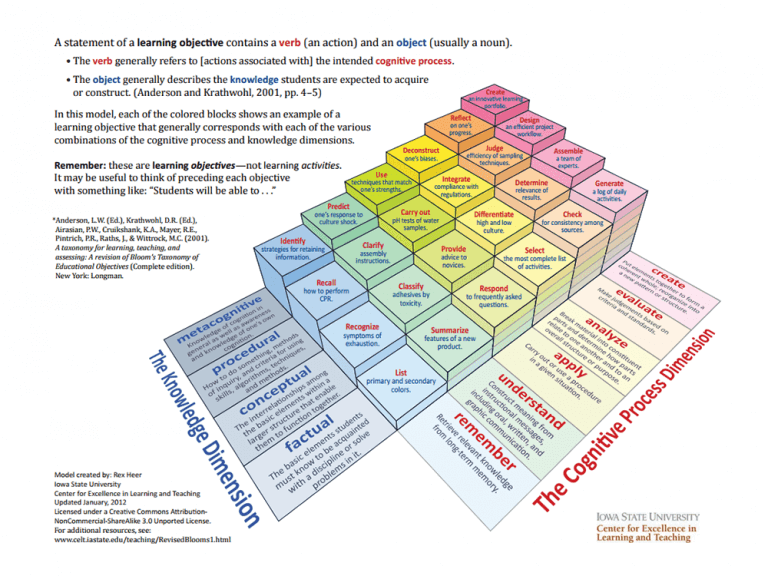
Each colored block has an example of a learning objective corresponding with each combination of the cognitive process and knowledge dimensions.
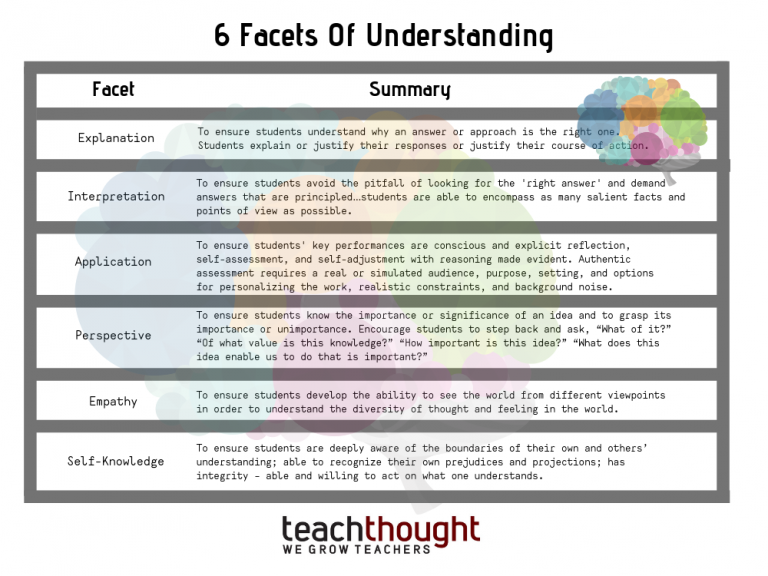
The 6 Facets of Understanding is a non-hierarchical framework for understanding. These ‘facets’ are useful as indicators of understanding.
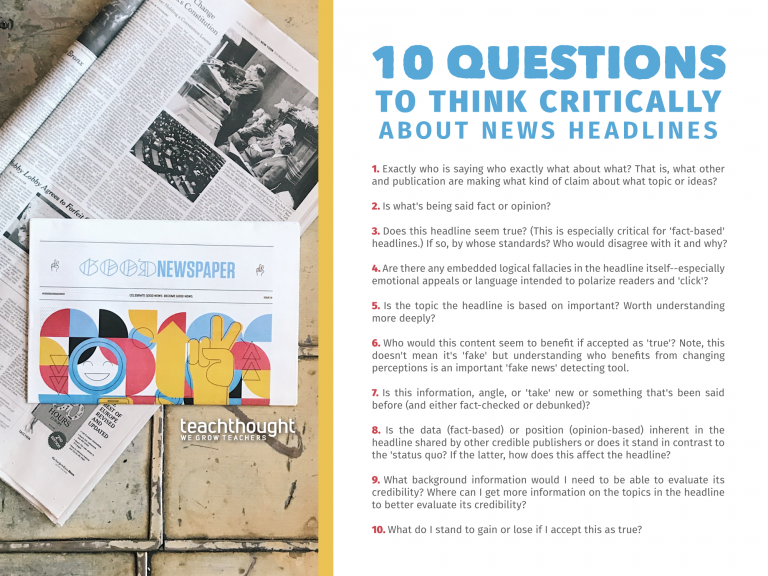
Misleading info is often based on partial truths & reframed to fit a purpose. Here are questions to help students think critically about news.
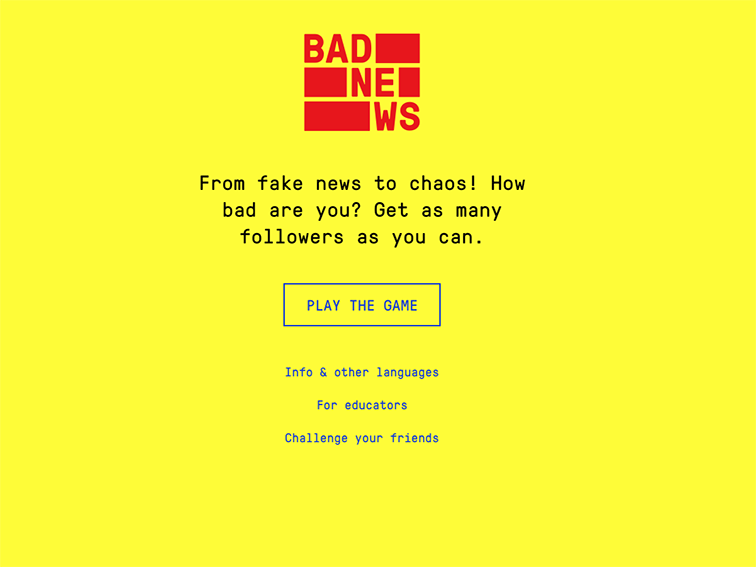
This (simple) game helps students understand how fake news works, why it becomes popular, and its central mechanics and trends.
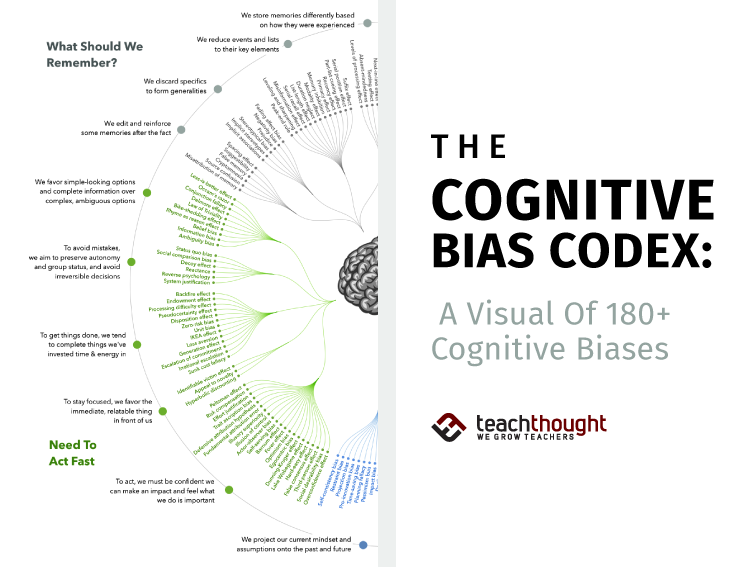
Cognitive biases are tendencies to selectively search for or interpret data in a way that confirms one’s existing beliefs.
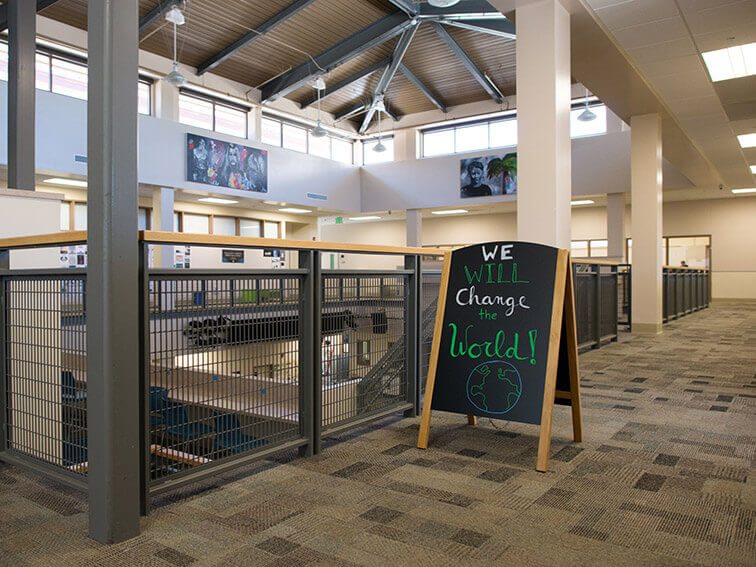
MECE is a framework that allows you to organize data to ensure that all data is analyzed to ensure all possibilities are exhausted.
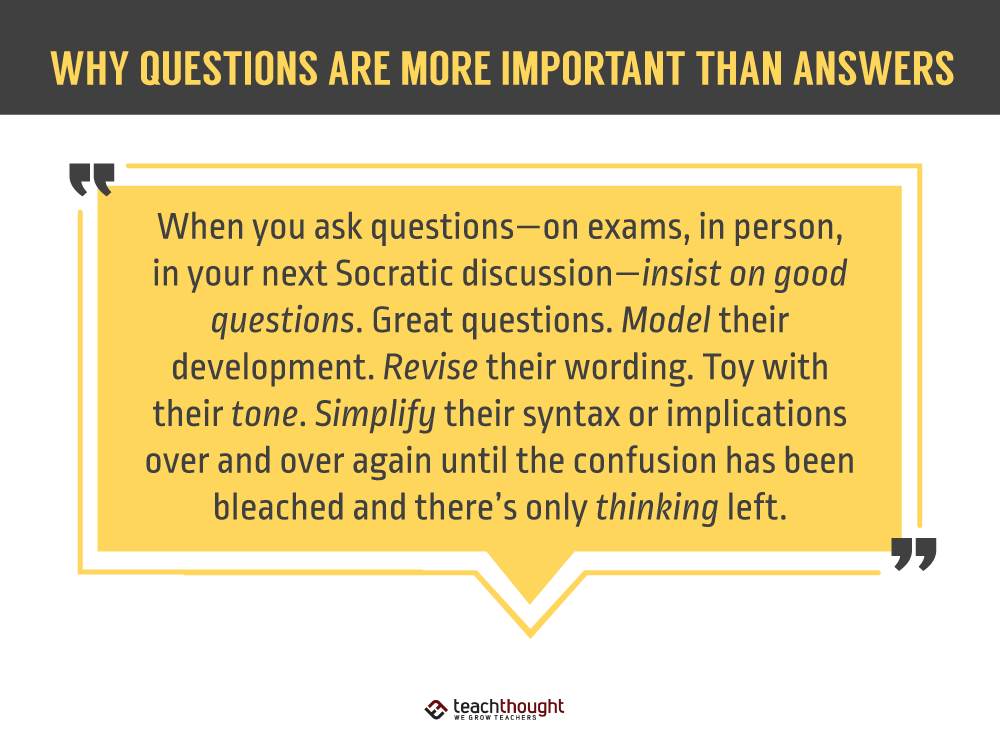
Why are questions more important than answers? Because answers stop learning while questions start it, contextualizing what we don’t know.
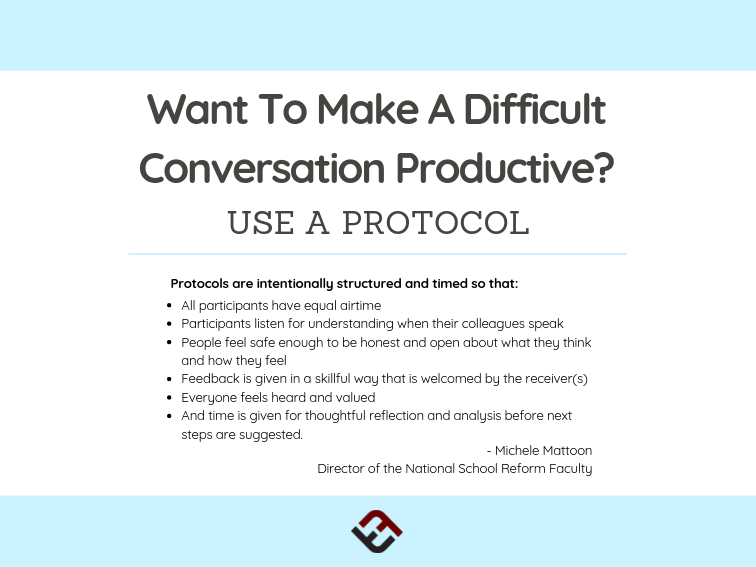
Ideally, before difficult conversations, all parties would commit to following a third party-developed protocol to achieve the best outcome.
End of content
End of content